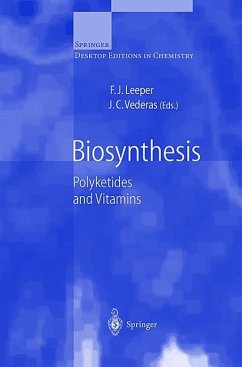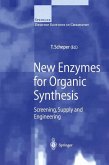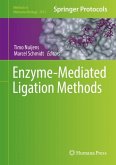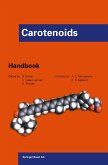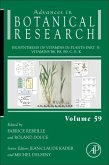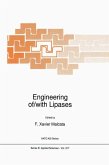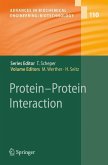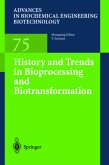The present volume is the first of two planned to provide state-of-the-art expert reviews of central topics in modern natural products chemistry and secondary metabolism. Many scientists not directly involved in these areas still view the field of natural products as focused primarily on the isolation,structure elucidation, and cataloging of new compounds (i. e. "grind and find"),or on their chemical synthesis. However,two revolutions in experimental techniques since the early 1950's have completely transformed the understanding of chemical and biological relationships between highly diverse natural products. The first was the use isotopes to label precursors and follow the fate of key atoms during biochemical transformations to a final product. Advances in methodology that began in the mid-1970's,especially using NMR to detect stable isotopes,dramatically expanded the level of mechanistic detail available to study in vivo conversions of secondary metabolites. The second revolution started in the late 1980's as researchers developed methods to identify,purify and genetically manipulate individual enzymes - sponsible for the intricate steps leading to complex natural products. This has expanded the field from building an encyclopaedia of natural materials to being able to initiate control of biochemical pathways to secondary metabolites. Recent advances suggest it may soon be possible to rationally manipulate biochemical pathways in vivo to rapidly produce almost any target molecule,including n- natural variants,in substantial quantity.

